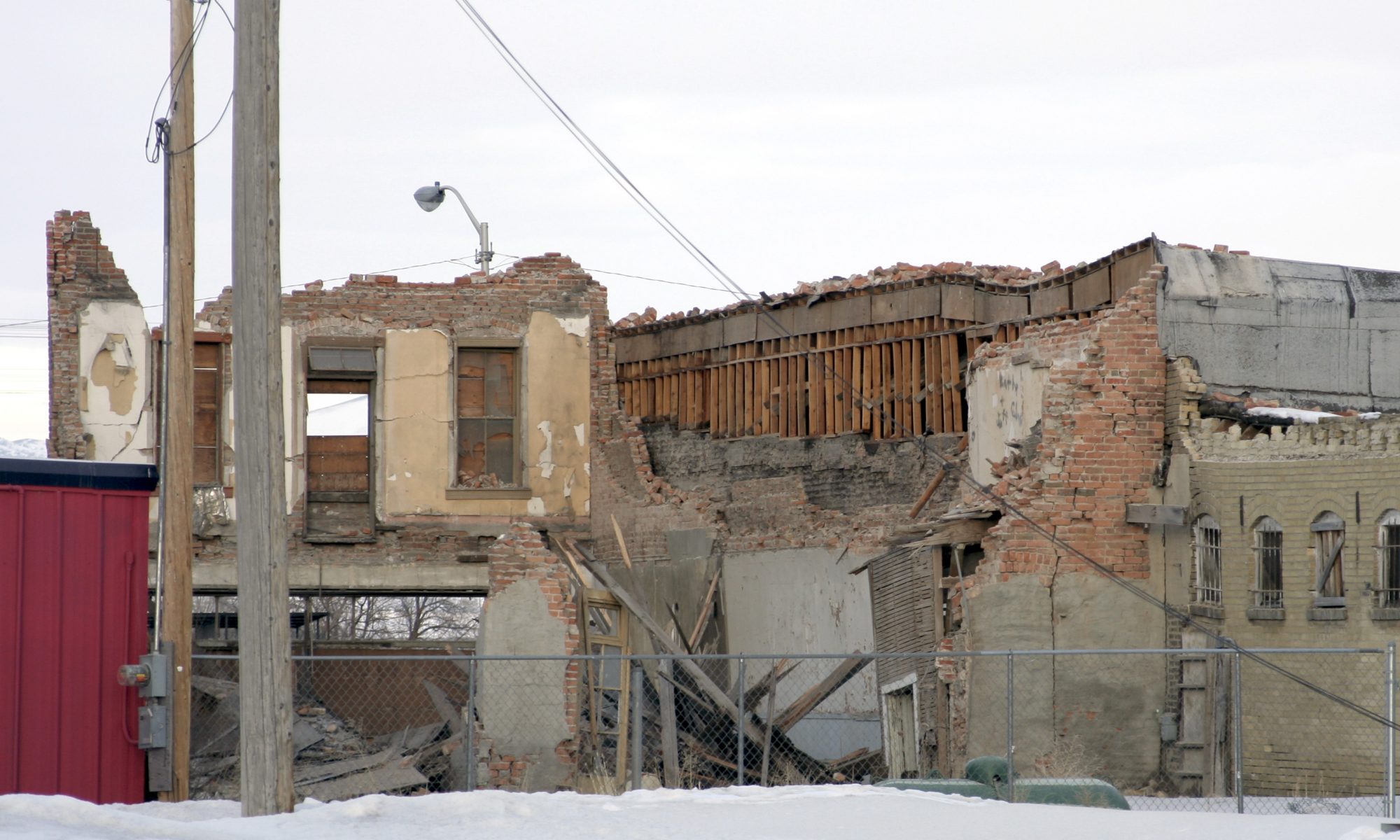A quick internet search will turn up dozens of news stories about catastrophic failures of decks, balconies and similar structures at restaurants, apartment buildings and beach houses among other places. Many of these are mass-casualty events involving multiple injuries and occasional fatalities. It seems like there are several every summer. Failures of these outdoor accessory structures are indeed relatively common and are probably among the most common types of structural collapses. However, most deck, porch and balcony failures are not catastrophic enough or do not cause enough carnage to make the news. This would include most residential deck failures.

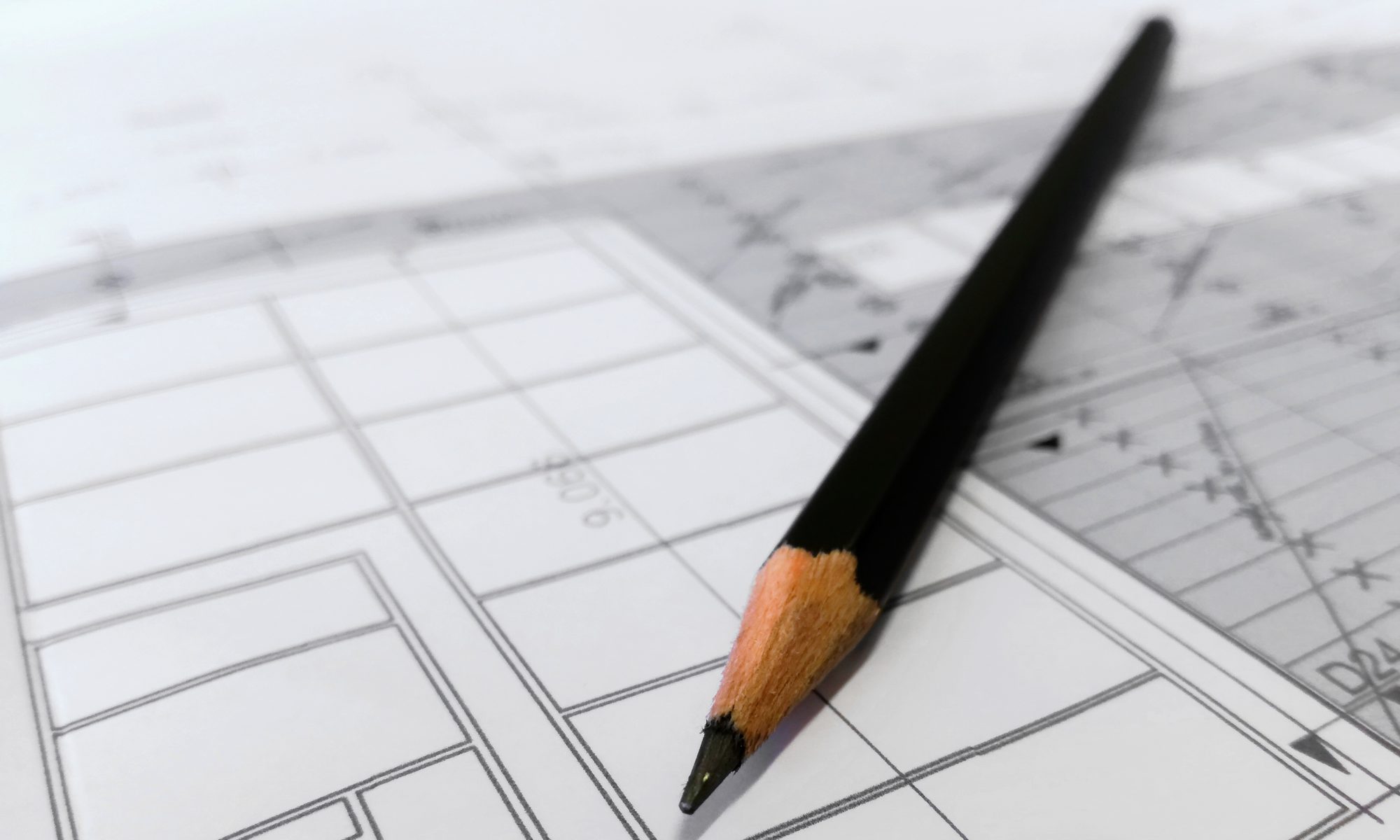

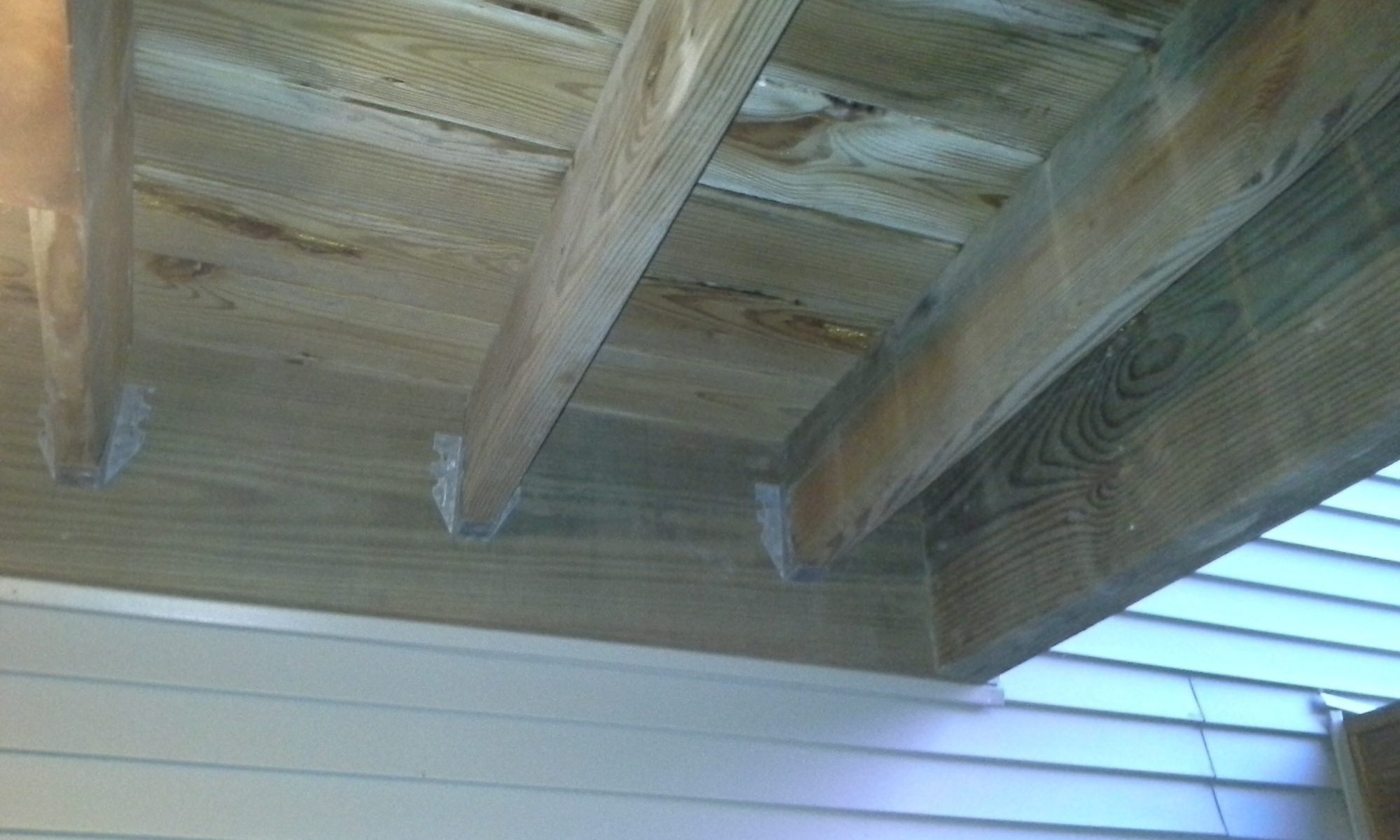
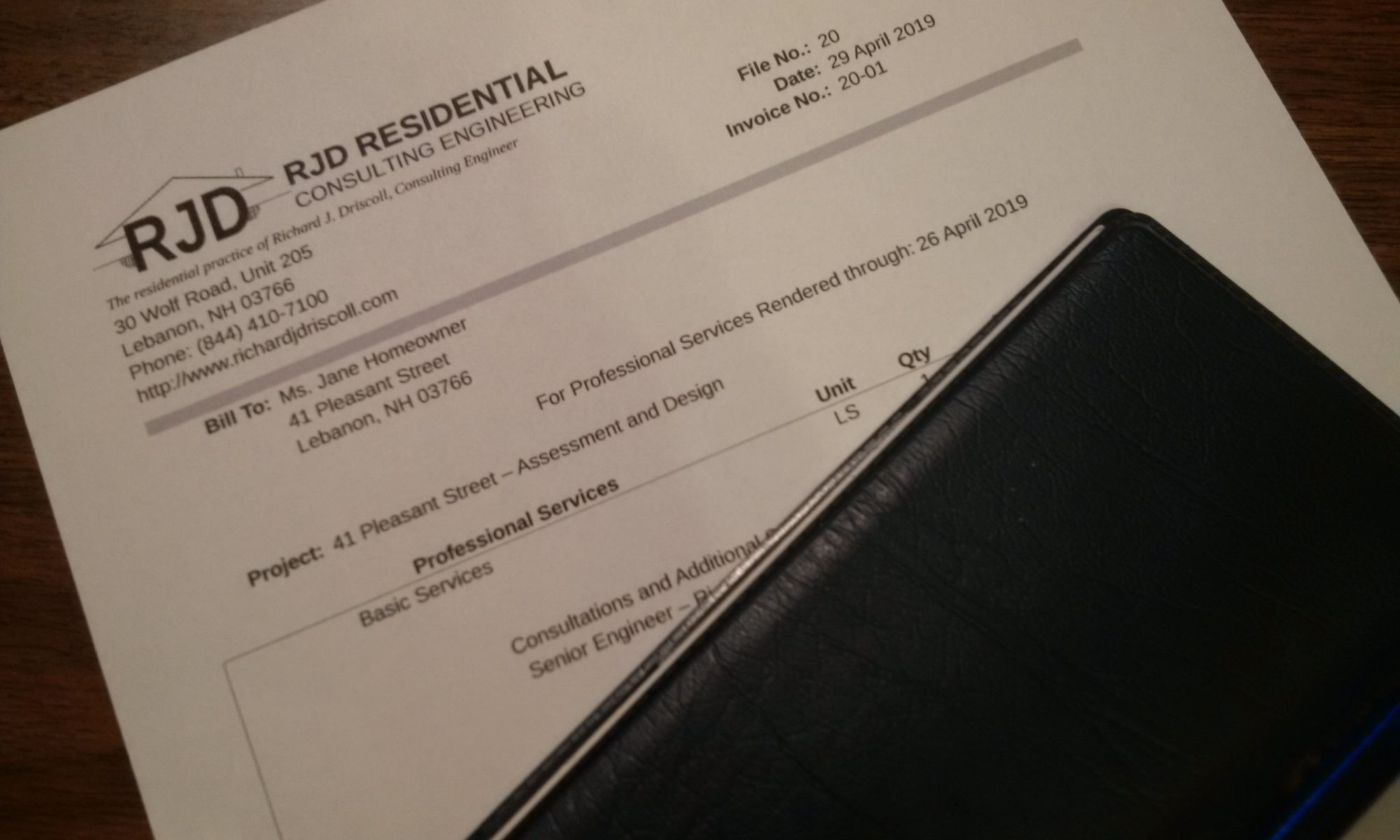
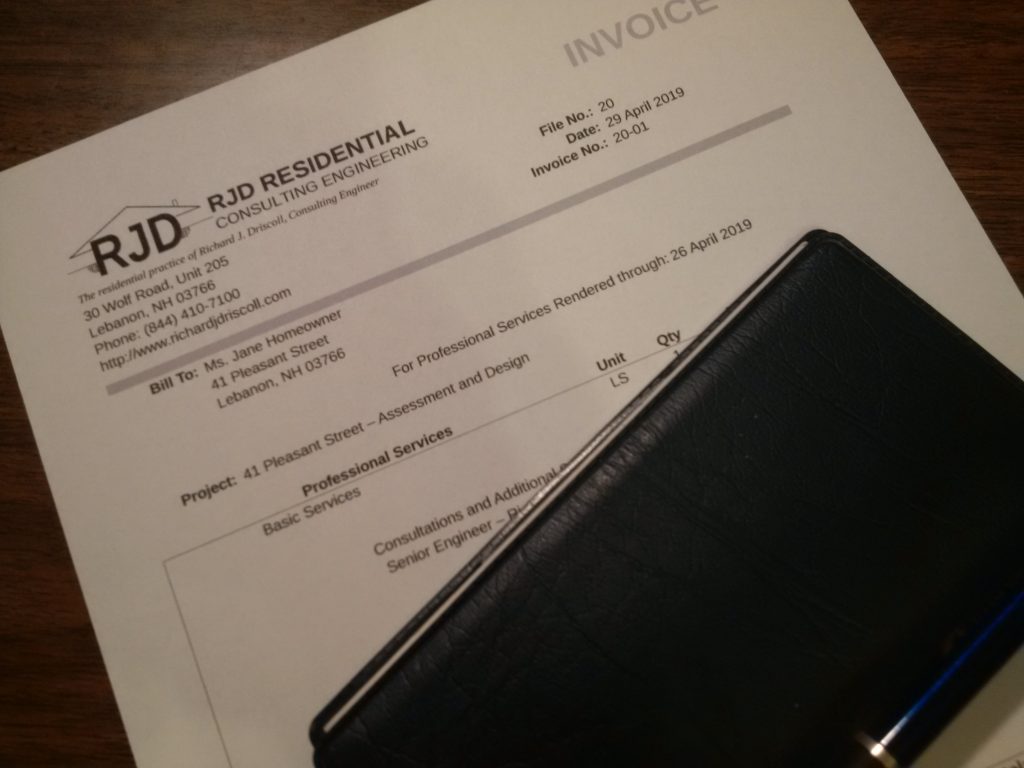

 Environmental responsibility has been an increasingly sought-after attribute of new building construction and renovations. This has driven and had been driven by the development of
Environmental responsibility has been an increasingly sought-after attribute of new building construction and renovations. This has driven and had been driven by the development of 